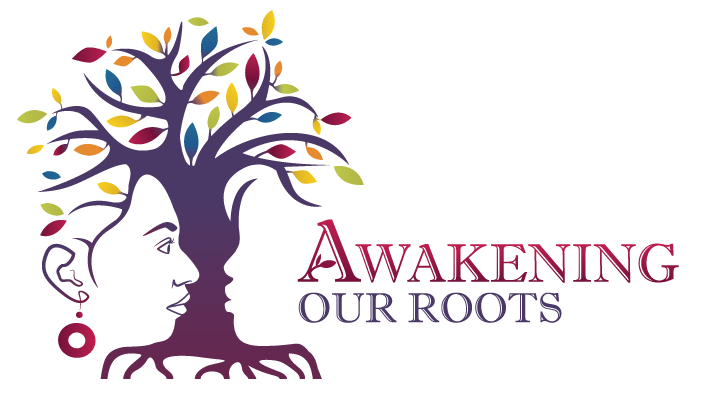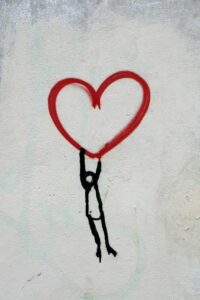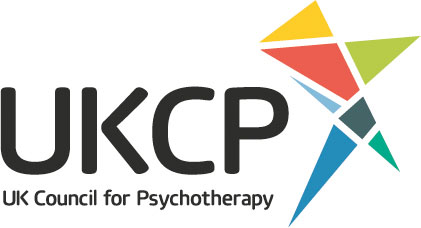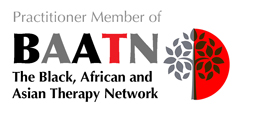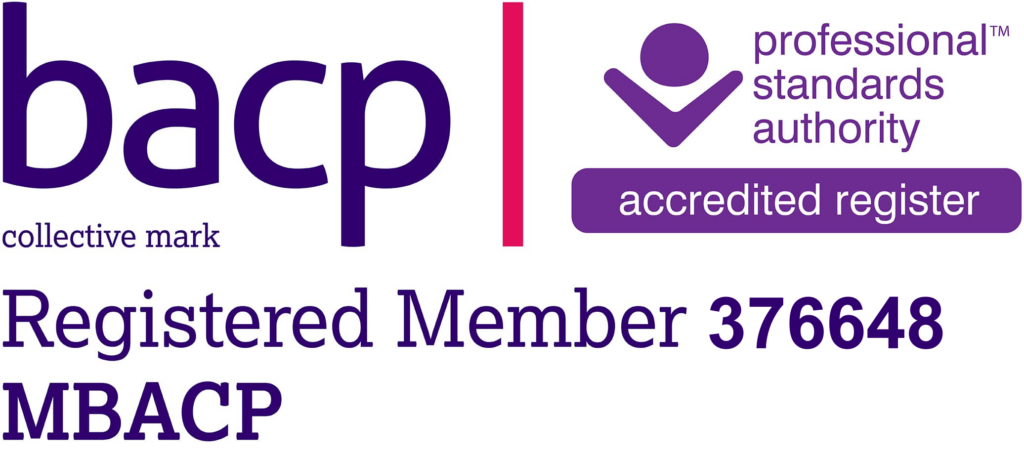I have always been fascinated by how white people meander and carry themselves. There is this stiffness and regal air that they carry as if no one else matters. Now, I am not totally au fait with the rest of the country, so I can only speak about London as that is where I was born and grew up. I was raised in South London and as a teenager was often criticised and judged for having what was often described as a ‘screwface’. This ‘angry face’ that would appear on my or on the face of another person of colour would often be triggered by what was often called a ‘misunderstanding’. Which for me as a teenager was code for racism.
Most people I would see in the streets during the day would walk pass me, not offering a warm smile, some would bump into me and not offer an apology. My hurt was not enough to warrant an apology let alone eye contact. My theory has always been that race is the driver of all communication and in these acts, I experienced, I was seen as less than. Now, I know this happens between white people too. This need to assert authority and show rank over each other has been playing out for years long before slavery. If we look back in English history its clearly documented about the importance of having control and being in power was all that mattered even if it meant death, destruction, and mutiny. How you looked to others, and how you felt when with others was all that mattered. It still does right?
London is one of the most multicultural cities in the world. It is home to many ranging from countries such as India, Ghana, Nigeria, Barbados and my parents’ home, Jamaica. A city that has always had faces of colour is now a top spot for people of colour to make their home. What do white people really think about this? How do you they feel having to share their city with foreigners, not just any foreigner but ones of colour? Are they welcoming? I’ll let you answer that. What I will do is tell you what I have noticed and what I have experienced as a person of colour who was born and raised here.
My husband and I often joke about our differing accents, mine being ‘sarf london’ and his galway accent. Neither one of us truly fit where we grew up. His accent compared to the others in his town is very mild. His outlook on life was bigger, his parents did a great job of introducing him to different cultures. My Culture! A small town felt restricting, and he needed space to move, he didn’t fit. The way I look and the way I sound to some don’t match up. I should talk with a strong African or Caribbean accent to match my black skin. I would always get asked where I was from and when I would reply ‘sarf london’, I would be met with a response of ‘no no, where do your parents come from?’ The need to show rank in these lines of questioning was always jarring to me. I was born in London for goodness sake, that is where I am from. What difference did it make where my family are from? We’ve only just met. These questions would come up at such random times like, a queue for the toilets, a dance floor or even a night bus. I always felt during these times as though I was in the hot seat, answering these nonsensical questions, but they were not meaningless. I was being placed. As I mentioned by parents’ home, the quiz masters were checking me off a list. My family were one of the many that came over on the Windrush!
I know from my grandfather; may he rest in peace that he experienced a lot of racism when he came to the UK. There was a lot of fear, anger and a loss of faith filling up the minds of individuals who were made to believe that the people coming from abroad were not equal to them and were there to take what belonged to them. When actually the people arriving came to help rebuild the ‘motherland’ and would be welcomed or, so they were told.
In the small town in Ireland where my husband is from, it is fair to say that there are not many people of colour that have settled there. Everyone knows each other, says hello, stops to chat and have a good ole catch up before saying goodbye to carry on with their day. The first time I visited I was petrified. Now my husband has always shared his dislike of how Londoners are. He walks down the street and happily greets strangers. His biggest gripe however is when he greets someone he knows and they ignore him, no eye contact and they just walk on as if he were invisible. I have become numb to this way of being. I even do it myself now. If I see someone I know in the street, I keep moving, if I see them in a chance social setting, the event is never even raised. It’s crazy. My white neighbours do it a lot. I say hello in the street, and they ignore me, yet when I am with my husband, they say hello. I am sure the hello is for him and not me, which makes it even more frustrating. Anyway, back to my first visit to Ireland. I remember going to one of the local pubs to meet his friends. We walked in and there was a chorus of hellos. As I made my way to the area where his friends had gathered, I was met with eyes. EYES. I was met with nods of curious hellos. It was much more than what London offered. I was being seen and I had been detected. The Irish way was clearly so ingrained in these people, that even if they wanted to show rank in a different way, it felt as though it would not be overt. They welcomed me, perhaps knowing that I had no intention to take anything back with me, as let’s face it, my husband had already left!
We all know of the once widespread signs reading ‘No blacks, no Irish, no dogs.’ There has been a comradery, a friendship built over the years between the Black and Irish community, especially in the Jamaican and Irish community. As a community they have shared a lot of the hardship and rejection. The struggle that has been bestowed on them through no fault of their own for being under British rule and not worthy enough to sit at the table. However, the reason to the same pronunciation of words like, ‘Three’ and ‘Tree’ are down to slave times. Some of the overseers of the slaves were from Ireland. A lot of the Jamaican population have Irish roots. My nieces when they were younger would get my husband to recite ‘Thirty-three and a third’ repeatedly. They found it hilarious, that their white uncle sounded so much like their black grandfather! We learn from our environment. I speak with a ‘sarf london’ twang because that is and was my environment.
When I see a fellow black person in the street, I smile and give the obligatory nod. This is something I have learnt from my parents. I would often ask if they knew the person as it felt as though my parents knew a lot of black people, but they didn’t. It was just something they did and do amongst themselves as a community. I felt weird joining the community in that way. As a teenager, I would get unwanted attention from older men thinking I was interested in more than just a nod. However, as an adult, I look forward to the obligatory nod. Now more than ever it feels necessary to acknowledge each other and give a little nod to say ‘I see you and I understand the struggle, keep the faith.’
It’s strange to think that when I was travelling the world with my husband, we made a lot of friends with locals and other travellers. We kept bumping into the other travellers in different towns and countries. There was always a hello, countless time to chat and catch up before saying goodbye and moving on. In the countries we visited, the people were much more welcoming. There was eye contact, hellos, handshakes, and hugs. Why does it take for us to be away from the UK, London for people to show some love?
The different pieces to my article are all linked, they happened at different times but are all part of the story. The UK, the United Kingdom, isn’t really united, is it? As a country there is so much unearthing and building up that needs to be done to really demonstrate the ‘United’ in the name. A kingdom yes it once was, but united only in the people that shared its views to take control and rule. These are not ideas and practices that are acceptable today.
If the white people in this city were to walk around carrying shame and declaring themselves as being woeful because of the part their ancestors played in history, do you think people of colour would push them away? No, never. We see and hear all the time of how white people hold their hands up for the part their families played in history and are now doing their part to make things right, by making changes to themselves and helping to make changes to laws. They are being allies and advocates! You should too!
Our way out of this problem is together. Reaching out and connecting to strangers that are different to ourselves. Finding out how the other half live and breaking bread. There is so much opportunity in front of us, we just need to be brave enough to take our share, after all we have to spread the love!
